The two companies issued a press release outlining the terms of the deal, which has been approved by the board of both carriers.
T-Mobile and AT&T share similar GSM and UMTS/HSPA networks, and both are working to build new next generation networks using HSPA+ and LTE. However, obtaining the rights to radio spectrum and building out these networks is both expensive and complex.
AT&T's chief executive Randall Stephenson said the deal "provides a fast, efficient and certain solution to the impending exhaustion of wireless spectrum in some markets, which limits both companies’ ability to meet the ongoing explosive demand for mobile broadband."
More in common with AT&T than Sprint
T-Mobile had been rumored to be entering talks with Sprint, but those two companies run incomparable networks and have diverging future plans, as Sprint operates both CDMA and iDEN (from its merger with Nextel, which it plans to phase out) networks and has begun building a next generation WiMAX network with Clearwire (WiMAX competes with LTE as a next generation mobile network technology).
Germany's Deutsche Telekom chief executive René Obermann noted that "After evaluating strategic options for T-Mobile USA, I am confident that AT&T is the best partner for our customers, shareholders and the mobile broadband ecosystem. Our common network technology makes this a logical combination and provides an efficient path to gaining the spectrum and network assets needed to provide T-Mobile customers with 4G LTE and the best devices. Also, the transaction returns significant value to Deutsche Telekom shareholders and allows us to retain exposure to the U.S. market."
Benefits for AT&T users
The release said that AT&T and T-Mobile USA customers "will see service improvements - including improved voice quality - as a result of additional spectrum, increased cell tower density and broader network infrastructure," noting that as soon as the deal closes, AT&T "will immediately gain cell sites equivalent to what would have taken on average five years to build without the transaction, and double that in some markets."
Absorbing T-Mobile "will increase AT&T’s network density by approximately 30 percent in some of its most populated areas, while avoiding the need to construct additional cell towers. This transaction will increase spectrum efficiency to increase capacity and output, which not only improves service, but is also the best way to ensure competitive prices and services in a market where demand is extremely high and spectrum is in short supply," the release says.
By bolstering its existing GSM, UMTS and HSPA+ networks, AT&T will be able to better focus on future LTE capacity, rather than struggling to get its existing network to meet today's demand. While T-Mobile operates its 3G UMTS network on different frequencies than AT&T, its basic 2G GSM network is identical. AT&T can also use the networks and towers T-Mobile operates to strengthen its own.
T-Mobile adds 33.7 million subscribers to AT&T's network of of about 95.5 million, creating a total of about 130 million users, and becoming the largest American carrier. The deal will also expand Apple's iPhone to three of what were the top four US carriers, as Apple has already brought it to Verizon earlier this year.
 Daniel Eran Dilger
Daniel Eran Dilger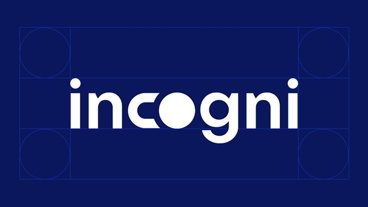


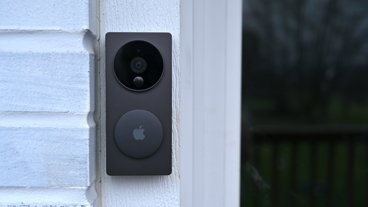

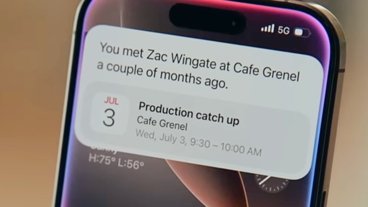
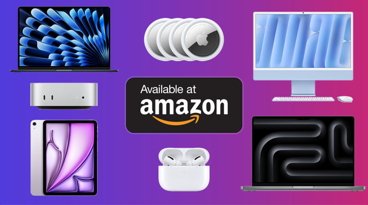
-m.jpg)





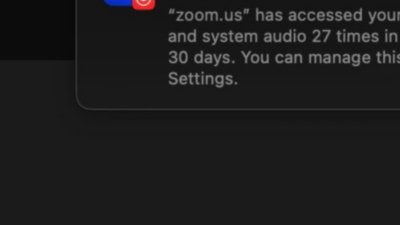
 Charles Martin
Charles Martin
 Andrew O'Hara
Andrew O'Hara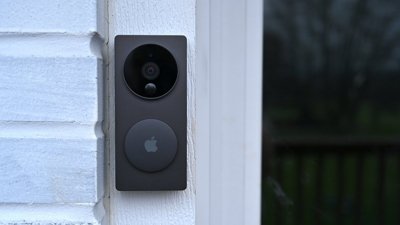
 Wesley Hilliard
Wesley Hilliard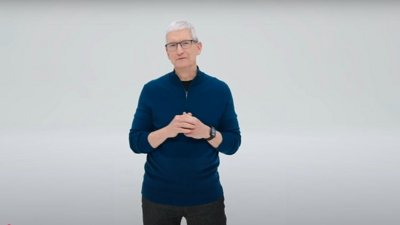
 Marko Zivkovic
Marko Zivkovic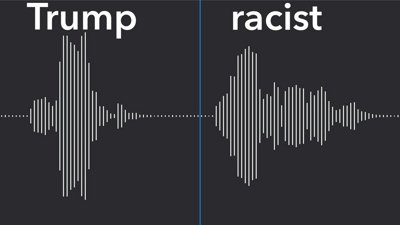

 Malcolm Owen
Malcolm Owen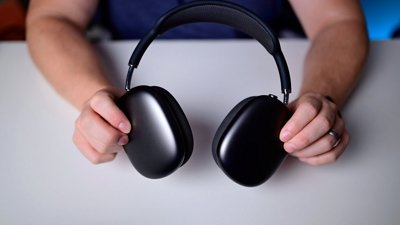


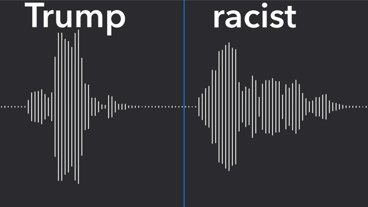

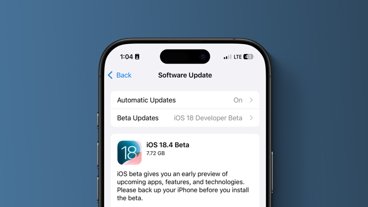
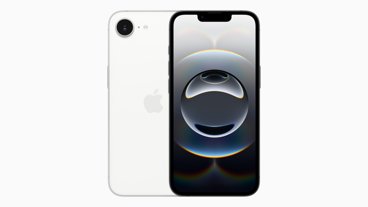
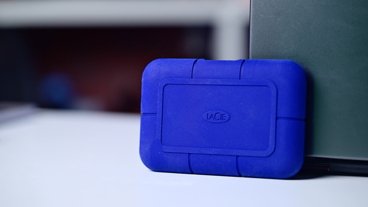
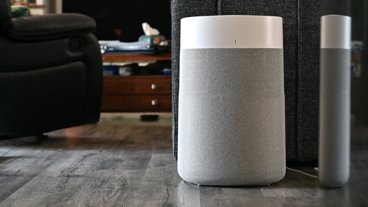
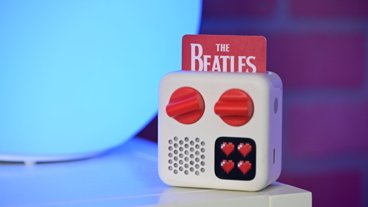

81 Comments
AT&T has announced a definitive agreement to buy Deutsche Telekom's American T-Mobile subsidiary in a cash and stock deal worth about $39 billion.
press release.
[ View this article at AppleInsider.com ]
Wow that is a surprise, at least for me.
Well, now...can't wait for the commercial with the girl in the pink dress. I wonder where her lipstick will end up?
Well this is great news for AT&T! Since T-Mobile already has "4G" service and advertised how AT&T didn't, that means that AT&T iPhone users will now have 4G speed... right? RIGHT?!?
Well, now...can't wait for the commercial with the girl in the pink dress. I wonder where her lipstick will end up?
On a pig?
So AT&T will be the only nation wide GSM provider in the US? That doesn't sound good.